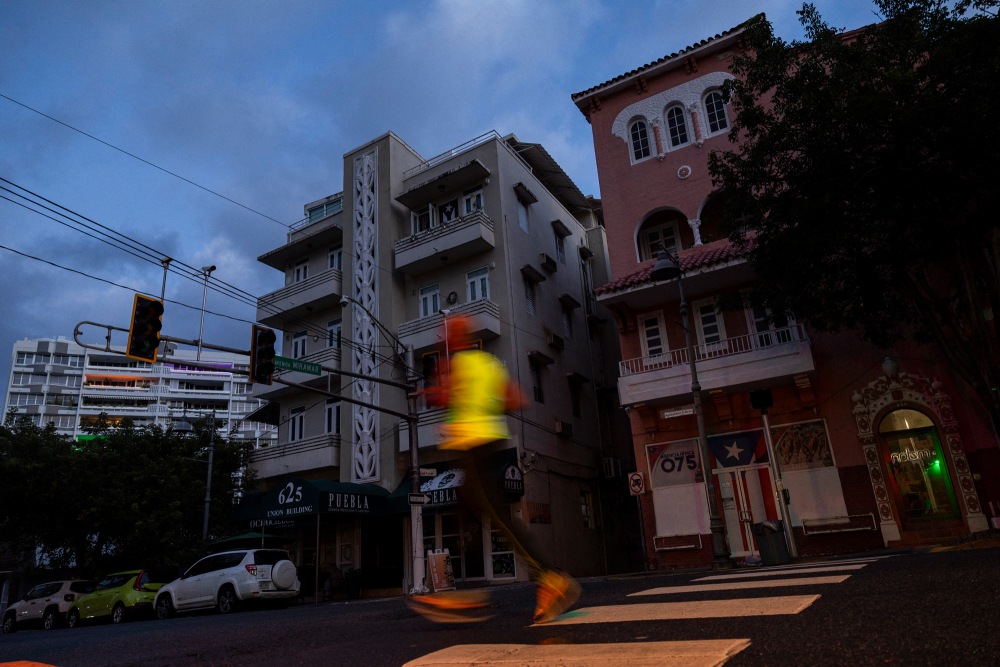 Hurricane Sandy might be fresh in the American public's memory, but for advocates seeking action on climate change time is running out. At a recent event, engineering, disaster preparation and climate science professors at Columbia University urged lawmakers to take advantage of the public's post Hurricane Sandy interest in global warming and push through bold policies.
Hurricane Sandy might be fresh in the American public's memory, but for advocates seeking action on climate change time is running out. At a recent event, engineering, disaster preparation and climate science professors at Columbia University urged lawmakers to take advantage of the public's post Hurricane Sandy interest in global warming and push through bold policies.
"Memory fades very fast," said civil engineering professor George Deodatis at the university event Monday. "The next six months to a year will be critical."
Critical because public opinion, especially with sluggish economy and specter of the fiscal cliff, could change soon. Many of the infrastructure investments that the scientists suggested would cost tens of billions of dollars. Although the professors didn't present a comprehensive plan, they all agreed that a combination of mammoth infrastructure projects would be essential for preparing the United States' coastal communities for rising sea levels.
Some of their suggestions include new building codes, moving power lines below ground, wetland restoration, flood barriers, sea gates and the possible relocation of some coastal communities. The Earth Institute's Jeffery Sachs, who introduced the event, also suggested a carbon tax – but that option is widely regarded as a political impossibly because Congress is so divided.





 As parts of the central U.S. recover from a deadly outbreak of severe weather, a line...
As parts of the central U.S. recover from a deadly outbreak of severe weather, a line... The island of Puerto Rico is suffering another island-wide power outage, just months after a dayslong...
The island of Puerto Rico is suffering another island-wide power outage, just months after a dayslong... Letters went out to hundreds of workers at the National Oceanic and Atmospheric Administration (Noaa) on...
Letters went out to hundreds of workers at the National Oceanic and Atmospheric Administration (Noaa) on...






























